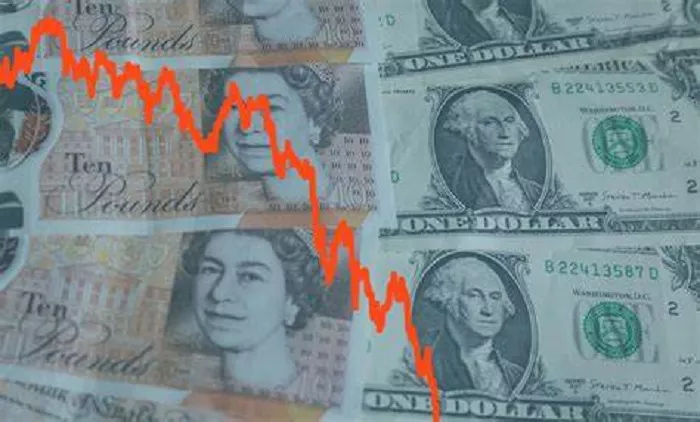Statistics Canada is set to unveil its December inflation report this Tuesday, based on the Consumer Price Index (CPI). Preliminary projections indicate that headline inflation may have risen by 1.8% year-over-year. In addition to this figure, the Bank of Canada (BoC) will release its core CPI data, which excludes volatile categories such as food and energy. For context, November’s core CPI showed a 0.1% decline month-over-month but marked a 1.6% increase compared to the previous year. Headline inflation for November saw a more modest rise of 1.9% annually, with no monthly change.
These inflation figures will be closely scrutinized, especially in light of their potential influence on the Canadian Dollar (CAD). The BoC’s interest rate decisions are a key factor in this dynamic. Since starting its easing cycle in June 2024, the central bank has reduced its policy rate by 175 basis points, lowering it to 3.25% as of December 11.
On the currency front, the CAD has faced substantial pressure, leading to a steady depreciation. This has pushed the USD/CAD exchange rate to its highest levels since May 2020, surpassing the 1.4400 mark. Market participants will be keenly focused on Tuesday’s report to assess the outlook for the Canadian economy and its currency.
BoC’s Rate Cut and Economic Impact
The Bank of Canada’s decision to cut interest rates by 50 basis points to 3.25% on December 11 was a contentious one, with meeting minutes from December 23 revealing internal debates. Some members favored a smaller reduction of 25 basis points, signaling division within the central bank. Governor Tiff Macklem indicated that future rate cuts would likely be more gradual, reflecting a shift from the previous stance of consistent easing. Advocates for the larger cut pointed to concerns about slowing growth and inflationary risks, though not all recent data supported such a significant move. This decision highlights the BoC’s careful balancing act amid economic uncertainties.
Looking ahead, analysts at TD Securities predict that Canada’s CPI will edge up to 2.0% year-over-year, with prices expected to fall by 0.2% month-over-month. They highlight seasonal pressures on core goods, but note that food prices and a weaker Canadian Dollar should help offset some of these headwinds. Core inflation is anticipated to slow by 0.2 percentage points, reaching 2.45% year-over-year on average, slightly surpassing the BoC’s projections for Q4. However, the analysts expect the BoC to overlook this in January, given broader trends.
What’s Next for USD/CAD?
Canada’s December inflation data will be released at 13:30 GMT on Tuesday, and the Canadian Dollar’s response will largely depend on whether the numbers surprise or align with expectations. If the report meets forecasts, it’s unlikely to have a significant impact on the Bank of Canada’s rate outlook.
Meanwhile, USD/CAD has been trading within a consolidative range since mid-December, reaching multi-year highs just above 1.4500. This surge has been driven by a strong rebound in the US Dollar (USD), largely attributed to the “Trump trade,” which continues to put pressure on risk-sensitive currencies like the CAD.
Pablo Piovano, Senior Analyst at FXStreet, suggests that with the US Dollar maintaining its strength and volatility in crude oil prices persisting, the Canadian Dollar is likely to remain weak in the near term. He forecasts that USD/CAD could potentially revisit the January 20 peak of 1.4485, with the 2020 high of 1.4667 remaining a key target.
On the downside, initial support is seen at the January 6 low of 1.4278, followed by the 55-day SMA at 1.4177 and the psychological 1.4000 mark. If USD/CAD drops below these levels, further downward pressure could emerge, with the September low of 1.3418 serving as the next potential target.
The release of December’s inflation data will be a crucial moment for the Canadian economy, potentially setting the tone for the BoC’s next steps and the CAD’s performance in the months ahead.
Related topics:
Crude Oil Surges Above $70 Ahead of Christmas, Awaiting API Data
Pound Sterling Rises as Dovish BoE Bets Are Downplayed by Investors
EUR/USD Treads Water in Holiday-Shortened Week, Rates in Focus


